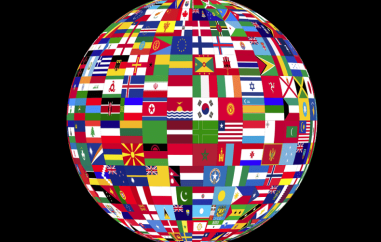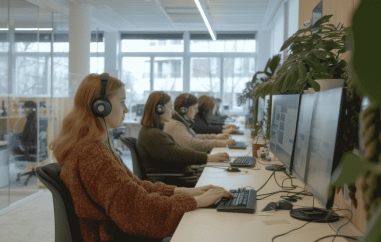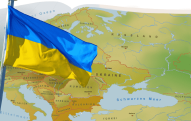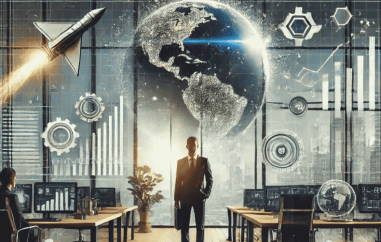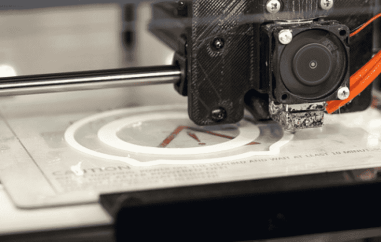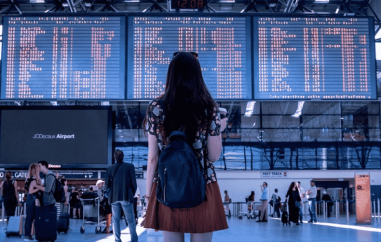What Happened to COVID-19? Tracing Its Journey and Impact on Our World
 The COVID-19 pandemic, caused by the novel coronavirus SARS-CoV-2, has dramatically altered the course of history since it first emerged in late 2019. What began as a mysterious pneumonia outbreak in Wuhan, China, swiftly escalated into a global health crisis, affecting millions of lives and reshaping the world in unprecedented ways. As we reflect on the pandemic's journey from its onset to the present day, it is crucial to understand its profound impacts on health, society, economy, and daily life.
The COVID-19 pandemic, caused by the novel coronavirus SARS-CoV-2, has dramatically altered the course of history since it first emerged in late 2019. What began as a mysterious pneumonia outbreak in Wuhan, China, swiftly escalated into a global health crisis, affecting millions of lives and reshaping the world in unprecedented ways. As we reflect on the pandemic's journey from its onset to the present day, it is crucial to understand its profound impacts on health, society, economy, and daily life.
The Outbreak and Initial Response
In December 2019, reports of a new respiratory illness surfaced in Wuhan, China. The virus, later identified as SARS-CoV-2, spread rapidly, leading to an alarming increase in cases and deaths. By January 2020, the World Health Organization (WHO) declared the outbreak a Public Health Emergency of International Concern, and by March, it was classified as a pandemic.
Governments worldwide implemented strict measures to contain the virus, including lockdowns, travel restrictions, and social distancing guidelines. Healthcare systems were overwhelmed, and the race to develop effective treatments and vaccines began in earnest.
Global Health Impacts
The health impacts of COVID-19 have been staggering. As of mid-2023, the virus has infected over 600 million people globally, resulting in more than 6 million deaths. The pandemic has strained healthcare systems, highlighting disparities in access to care and underscoring the need for robust public health infrastructure.
Vaccination efforts have been a critical component in controlling the virus's spread. The development and distribution of COVID-19 vaccines at an unprecedented pace have saved countless lives and provided a pathway towards managing the pandemic. However, challenges such as vaccine hesitancy, unequal distribution, and the emergence of new variants continue to pose threats.
Economic Repercussions
The economic impact of COVID-19 has been profound and far-reaching. Lockdowns and restrictions led to significant disruptions in global supply chains, business closures, and job losses. The International Monetary Fund (IMF) estimated that the global economy contracted by 3.5% in 2020, marking the worst recession since the Great Depression.
Governments introduced stimulus packages and financial aid to mitigate the economic fallout, but recovery has been uneven. Certain industries, such as tourism, hospitality, and retail, were particularly hard-hit, while sectors like technology and e-commerce experienced growth.
Social and Cultural Shifts
COVID-19 has also reshaped social norms and cultural practices. Remote work and online education became the new normal, accelerating the adoption of digital technologies. Social interactions moved online, and virtual events replaced in-person gatherings. While these changes offered new opportunities for connectivity and productivity, they also highlighted the digital divide and the challenges of maintaining mental health and work-life balance.
Environmental Impacts
The pandemic had a mixed impact on the environment. During initial lockdowns, reduced industrial activity and transportation led to temporary improvements in air quality and lower carbon emissions. However, the increased use of single-use plastics, such as disposable masks and packaging, contributed to environmental pollution.
Current Status and Future Outlook
As of 2024, COVID-19 remains a global challenge, though its impact has evolved. Vaccination campaigns and natural immunity have reduced the severity of outbreaks in many regions, allowing societies to adapt to a new normal. However, the virus continues to circulate, and new variants pose ongoing threats.
The pandemic has underscored the importance of global cooperation, public health preparedness, and investment in scientific research. It has also highlighted the need for addressing health inequities and ensuring that all communities have access to vaccines and healthcare.
The journey of COVID-19 from its initial outbreak to the present day has been marked by immense challenges and profound changes. The pandemic has affected every aspect of life, from health and economy to social interactions and the environment. As we continue to navigate this unprecedented crisis, it is essential to learn from our experiences and strengthen our resilience against future pandemics. By fostering global solidarity and investing in public health, we can build a healthier, more equitable, and more prepared world for generations to come.

